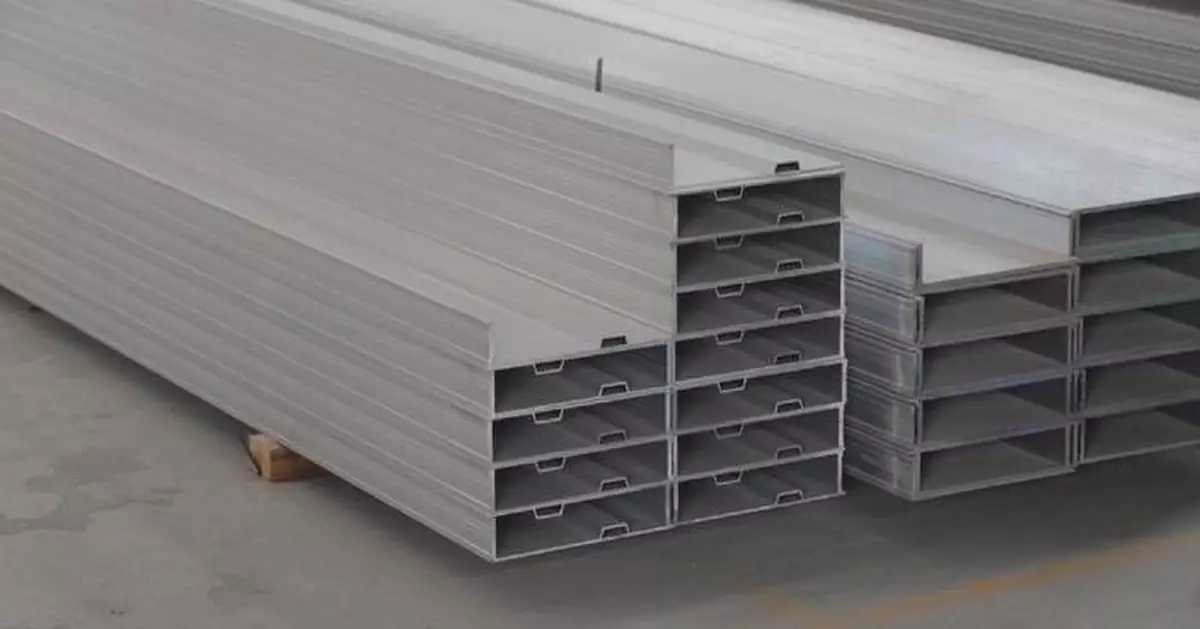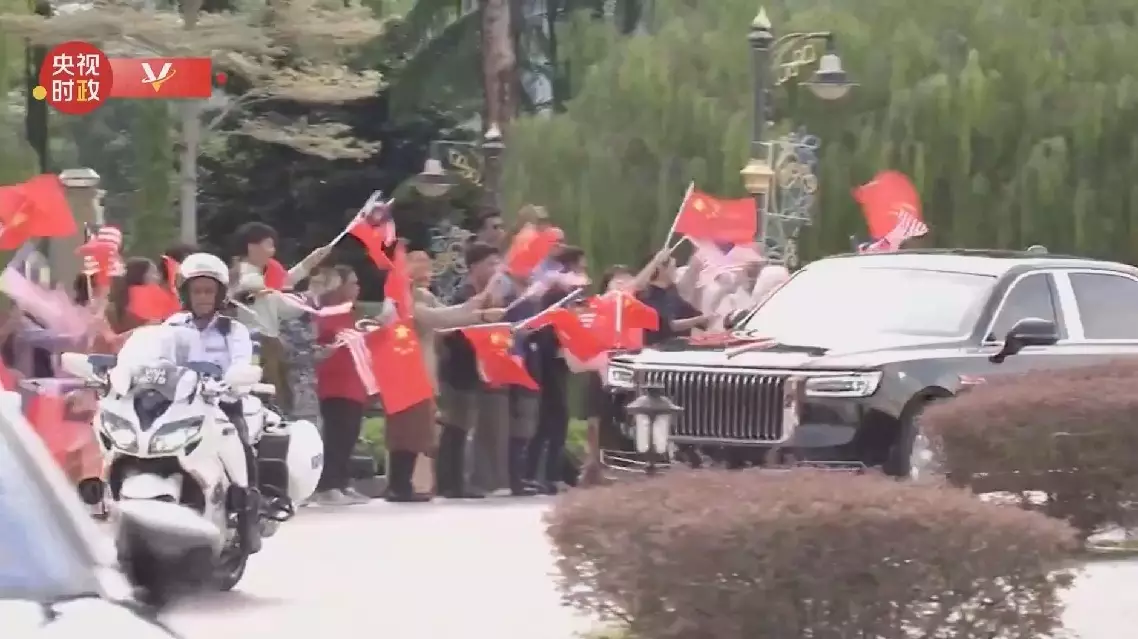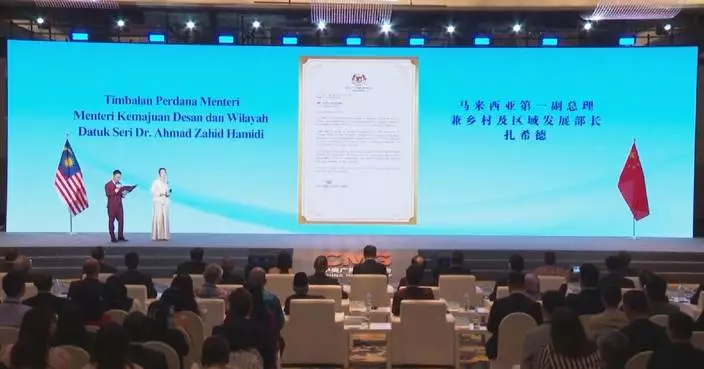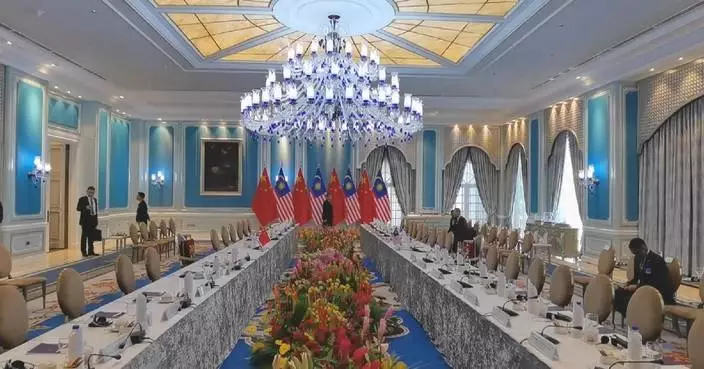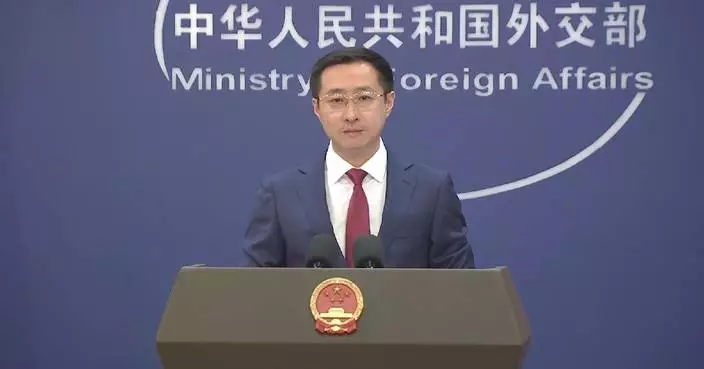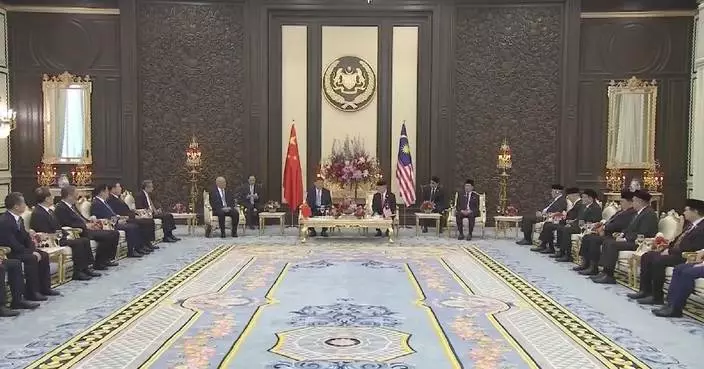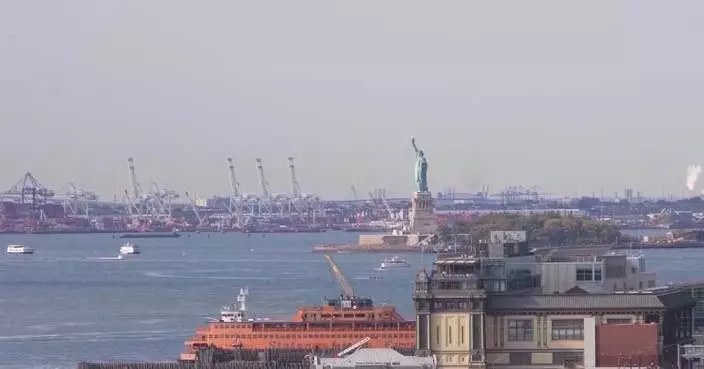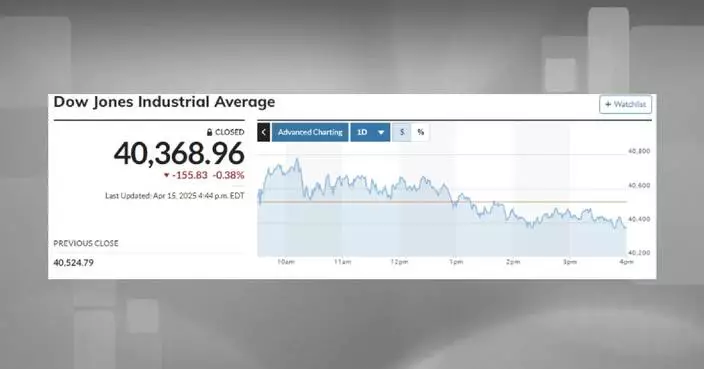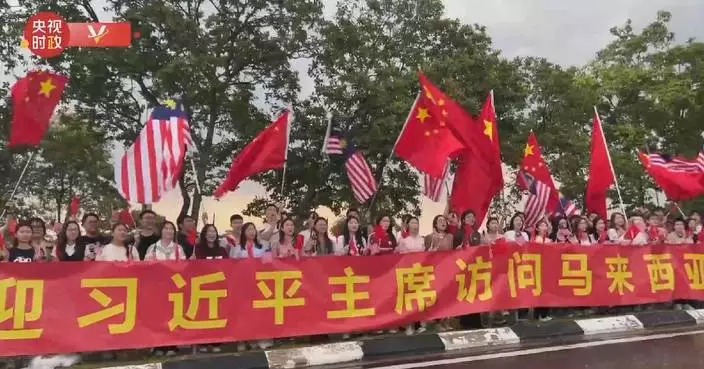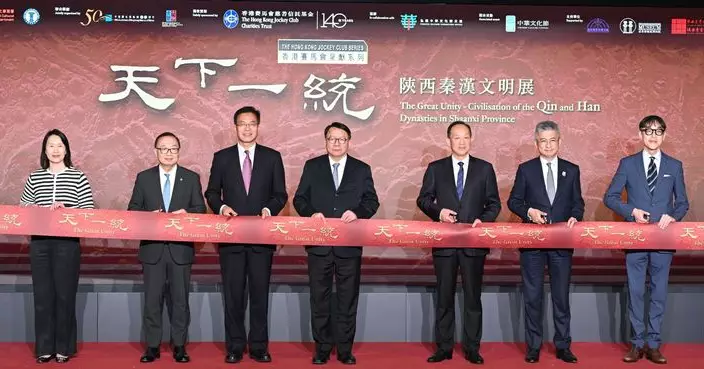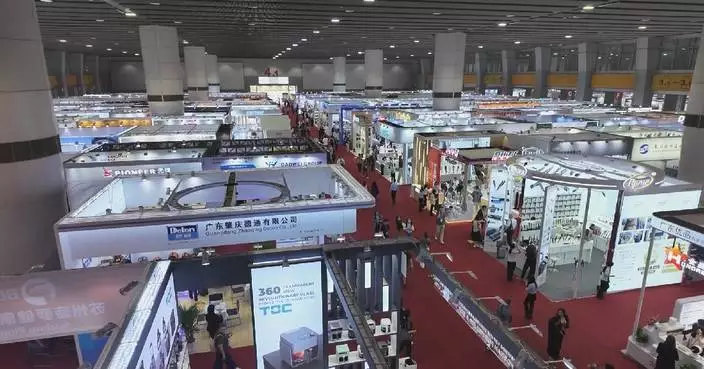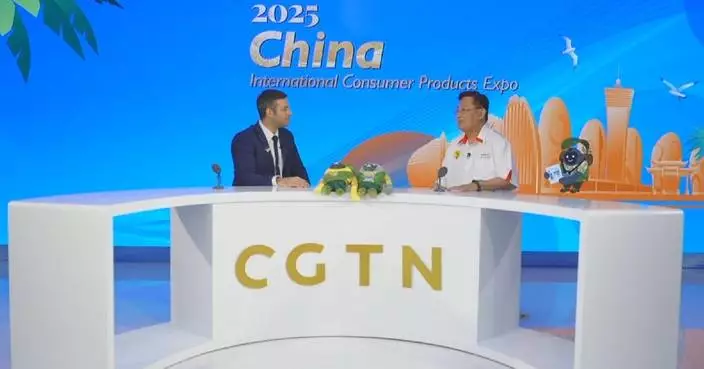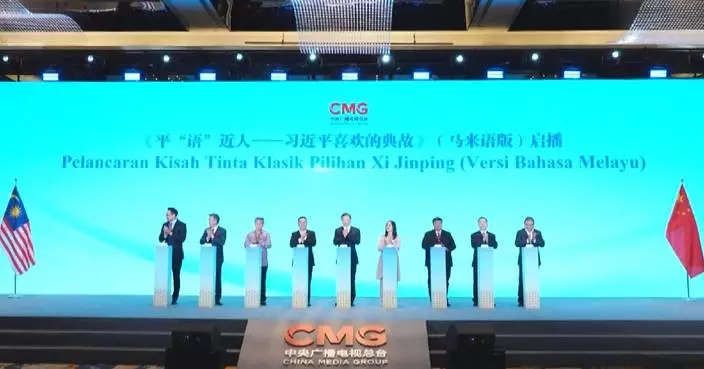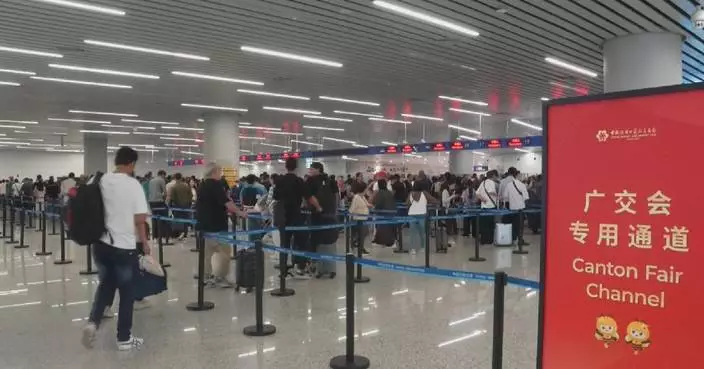China's aluminum export has experienced a remarkable surge in 2024, with companies ramping up production to meet growing international orders.
Industry insiders report that demand, particularly from the food and pharmaceutical sectors, has driven a significant increase in aluminum foil shipments.
Du Jixing, chairman of an aluminum foil manufacturing company in Jiangyin City of east China's Jiangsu Province, noted that his company's production lines are operating at full capacity around the clock, yielding over 200 tons of products daily, a year-on-year increase of 12.5 percent.
"Our total overseas sales volume from January to September has increased by over 20 percent compared to last year. Overseas sales account for more than 60 percent of our total sales. Demands from all of our export destinations have shown positive growth compared to last year," Du said.
In a similar trend, a company producing aluminum formwork in Fuzhou City in east China's Jiangxi Province, reported a notable rise in orders from Southeast Asia, the Middle East, and North America, which now comprise a quarter of their total order volume.
"We are currently shipping an average of 10 to 12 truckloads per day. In September, our factory shipped 123,000 square meters of aluminum foil. By January 15 (next year), we still have 180,000 square meters of overseas orders to deliver. We will be operating at full capacity in the second half of this year," said Wu Xiaoming, deputy general manager of the manufacturer.
According to data from the General Administration of Customs, China exported 4.35 million tons of unwrought aluminum and aluminum products from January to August, marking a 15 percent increase year on year. Exports of aluminium section, sheets, and foils have shown a particularly impressive growth, leading experts to predict that aluminum export will continue to thrive in the near future.
Despite the high global aluminum prices, which have fluctuated between 18,000 and 22,000 yuan (2,530 to 3,090 U.S. dollars) per ton, processing firms are still facing profit margin pressure.
According to industry analysts, most profits are concentrated in upstream sectors such as bauxite, alumina, and electrolytic aluminum. As a result, many processing companies are focusing on international expansion to offset rising costs.
Wu Xiaoming noted that the price of aluminum alloy plates has risen nearly 10 percent this year. To mitigate these costs, his company is reducing its procurement of new aluminum alloy plates and increasing the use of recycled materials. Exploring the setup of overseas factories is also one of the company's strategic moves to gain higher profit margins.
Wu Qiong, a senior manager of the company's human resources department, mentioned their intentions to establish production facilities in the Middle East and Africa.
"Establishing factories in foreign countries will allow us to quickly recycle old plates and shorten our service and transportation radius," she said.
As domestic competition intensifies, more and more aluminum processing firms are also turning their attention to international markets.
"We've seen some exceptional aluminum foil and aluminum sheet manufacturers are gaining competitive advantages through product innovation, cost reduction, efficiency promotion and green development initiatives. These efforts are well-positioned to capture a significant share of the global market," said Gu Fengda, chief analyst for the metal industry at Guosen Futures.
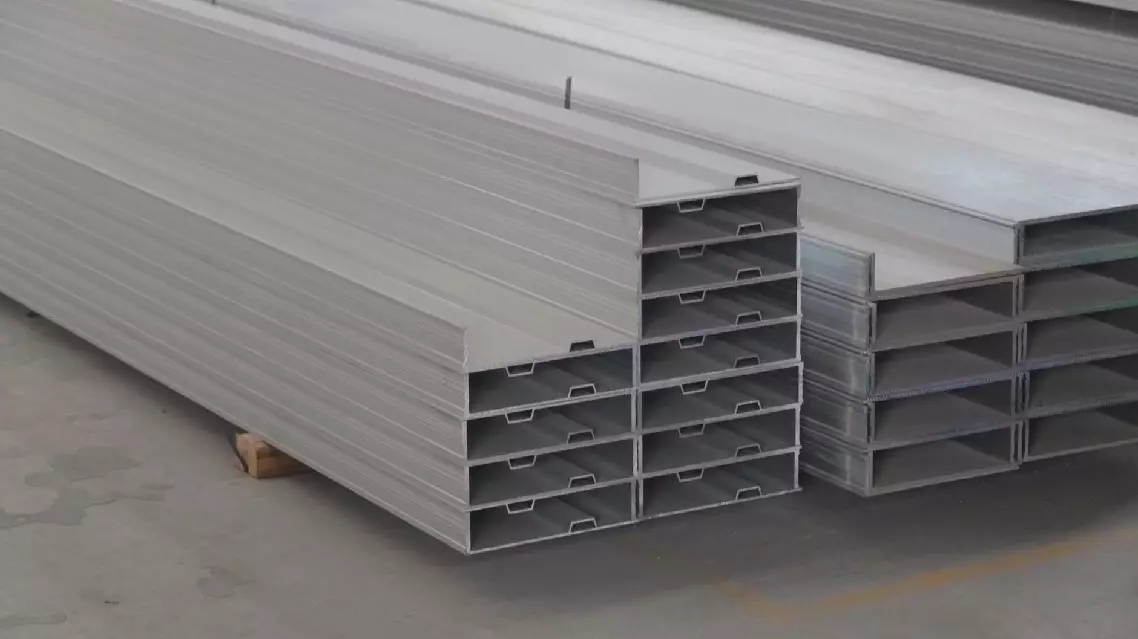
China's aluminum exports surge amid growing global demands


